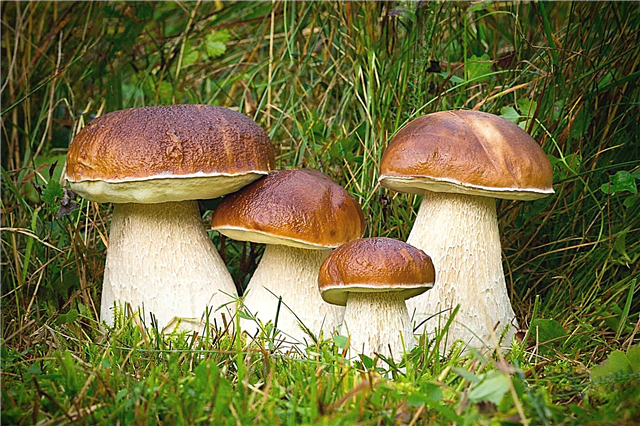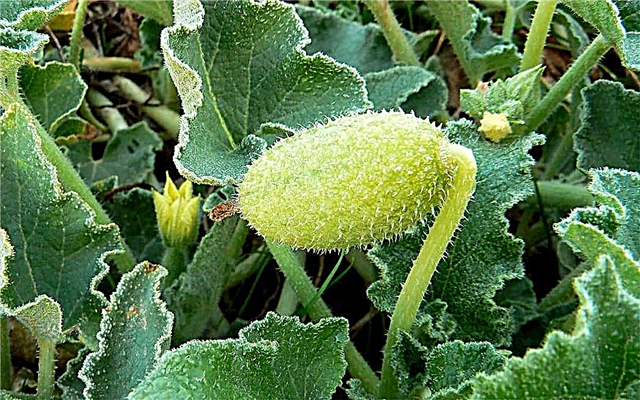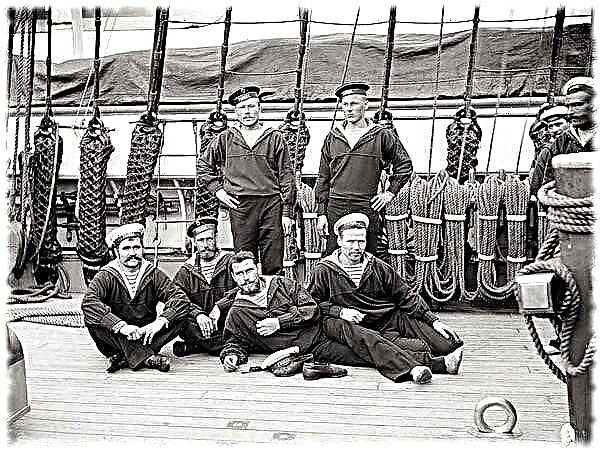
The ancient Egyptians became famous for their culture, the pyramids, which once existed as a great civilization, located on the banks of the Nile. We can say that they ate much better than other peoples of that time.
Food and drink
The main product in ancient Egypt was bread, wheat or barley. It was distinguished by its variety, including buns with various additives and a certain frying.
To distinguish between bakery products, the ancient Egyptians used about 15 words. Naturally, other dishes were in demand, including cottage cheese, cream and butter. To make the taste of food and drink better, they used carob fruits, as well as honey.

The ancient Greek historian Herodotus testifies that during the Late Kingdom in Egypt people ate fish, sun-dried, or well-salted. Small birds, quail and ducks were also salted.
In addition, poultry and fish were cooked, fried. The images in the tombs belonging to the New Kingdom show that the Egyptians mainly led the bulls to slaughter. This means that they actively bred these animals. Game for them was irrelevant in comparison with the habits of the inhabitants of the Old Kingdom.
It is not known for certain whether lamb and goat were consumed, however, these animals were raised in Upper Egypt. Pork was banned, as the pig was considered sacred, correlated with the god Seth.

The Egyptians also had other sacred animals, for example, crocodiles and hippos.However, residents of some regions allowed themselves to eat them.
The ancient Egyptians ate legumes, cucumbers, lettuce. Onions and garlic were especially appreciated. Gourds - watermelons and melons were common. In the summer, dates, figs, grapes appeared in the diet.
It is known that since the conquest of part of Egypt by the Hyksos, apple trees, olives, pomegranates have yielded rich crops. Coconuts were a delicacy and few of them ate. Milk was considered valuable to the Egyptians and it was stored in special vessels.

Interesting fact: after a feast and receiving refreshments in the house of rich Egyptians, it was customary to go around the guests with a wooden image of the deceased. This meant that you had to enjoy life, drink and have fun, because death is near.
Eating habits
Unfortunately, the exact information was not preserved, but it is known that the head of the family, waking up earlier than anyone else, had breakfast alone and usually ate pie, meat, and bread.
The hostess also had breakfast alone, having finished putting herself in order after waking up. The diet included sweets, fruits and clear water. On pillows located on the floor, children ate separately.
Lunch included meat, poultry, fish, pies with different fillings, bread, fruits, vegetables. It is assumed that meat was not every day in the diet of an ordinary Egyptian.
Even if we take the rich inhabitants of ancient Egypt, the meat was sometimes served during lunch time and always during the holiday. The poorest segments of the population more often ate fruits, tortillas, vegetables, dairy products.
Interesting fact: Researchers from the University of Manchester discovered atherosclerosis in 16 Egyptian mummies of priests. The thing is to donate the best food to the temples three times a day. After the ceremonies, all this was eaten by the priests. They did not live long - 40-50 years.

You can see the whole “feasting” atmosphere of Ancient Egypt in a picture copied from the walls of the tomb of the pharaoh Akhenaten. The head of the table is the pharaoh himself. Nearby was his wife, mother and a little further children. Pharaoh eats meat, and his wife - poultry dishes. Around the table are tables with items of toilet and various dishes.
When excavations of ancient Egyptian temples were carried out, researchers found utensils that were needed for making stewed fruit, sweets, sauces, soups and dairy products.
Many cutlery were also found. Found jugs for water and pots give reason to believe that the Egyptians washed their hands, both before meals and after. Some dishes were eaten by hand.

At about 4-5 pm, the Egyptians decided to take a break for a light dinner, after which they either continued to work or prepared for other things.
The cuisine of the ancient Egyptians was diverse and food was treated with great respect, presenting it even as a gift to the gods and the dead. Even the poor could afford to eat fully. However, they did not have meat on the table every day. The Egyptians also followed certain traditions. For example, husband, wife and children had breakfast separately.












